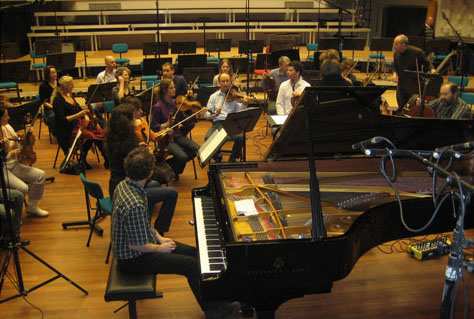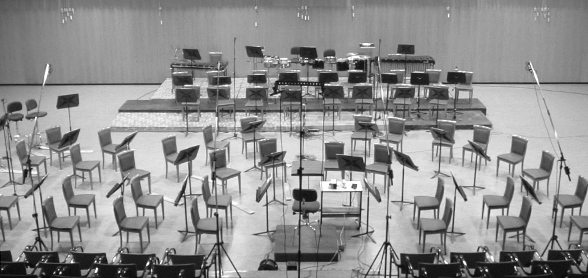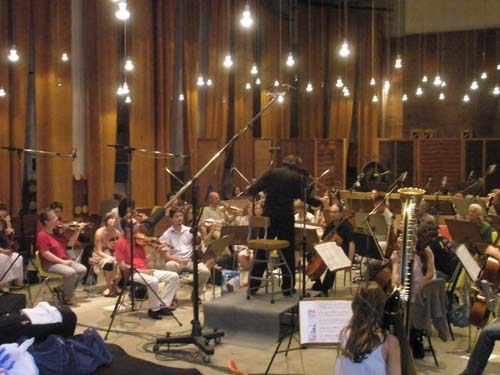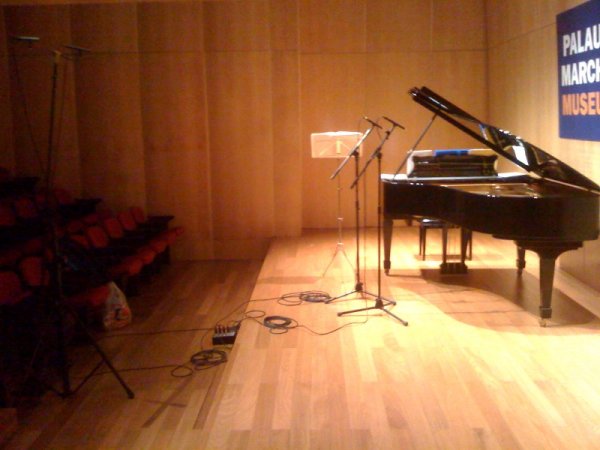Nice OP, Ron. We all have our subjective interpretation of what the term "natural" means. I agree with whoever said that it is what you hear when you listen to live acoustic music. The language of audiophiles can get quite confusing. The interesting thing is that ordinary people can hear an audiophile system and instinctively know whether or not it sounds natural.
I have a neighbor who plays guitar and piano. If I walk by his house and his windows are open, I can tell with certainty if he is playing one of his instruments or his stereo. I liked the comment made about how a voice or hand claps sound in a room. That simple test can tell us a lot about whether or not a system will have the potential to sound natural in that room.
Sure, the term is loose and may mean slightly different things to different audiophiles, but don't we all think we know what a guitar, violin and piano sound like? If it is unamplified, it is natural. It can vary depending on the particular instrument, who is playing it, the temperature, the humidity and the space in which we hear it. By contrast, we have no idea what Jimi Hendrix's guitar sounds like. He even said that he plays amps, not guitars. Great sound, but hardly natural.
"Natural" describes what each of us thinks of when we have an acoustic memory of a guitar, a singer, a violin or some other instrument. It varies a bit, but each of us does have a very good idea of what a particular instrument sounds like and if a system gets close to that sound that we remember, or know instinctively, then that system sounds natural to us.
Sadly, I have not heard many systems that sound natural to me, but I believe Steve's description of David's system and the impact that it made on the way he now thinks about audio. And I respect David's use of the term as one of the ultimate descriptors of a quality system.
Accurate does mean something different, but in the right circumstances, accurate and natural can meet and that is when one realizes that an excellent system is playing a great recording, and there is nothing better than that in this hobby.
I have a neighbor who plays guitar and piano. If I walk by his house and his windows are open, I can tell with certainty if he is playing one of his instruments or his stereo. I liked the comment made about how a voice or hand claps sound in a room. That simple test can tell us a lot about whether or not a system will have the potential to sound natural in that room.
Sure, the term is loose and may mean slightly different things to different audiophiles, but don't we all think we know what a guitar, violin and piano sound like? If it is unamplified, it is natural. It can vary depending on the particular instrument, who is playing it, the temperature, the humidity and the space in which we hear it. By contrast, we have no idea what Jimi Hendrix's guitar sounds like. He even said that he plays amps, not guitars. Great sound, but hardly natural.
"Natural" describes what each of us thinks of when we have an acoustic memory of a guitar, a singer, a violin or some other instrument. It varies a bit, but each of us does have a very good idea of what a particular instrument sounds like and if a system gets close to that sound that we remember, or know instinctively, then that system sounds natural to us.
Sadly, I have not heard many systems that sound natural to me, but I believe Steve's description of David's system and the impact that it made on the way he now thinks about audio. And I respect David's use of the term as one of the ultimate descriptors of a quality system.
Accurate does mean something different, but in the right circumstances, accurate and natural can meet and that is when one realizes that an excellent system is playing a great recording, and there is nothing better than that in this hobby.



















